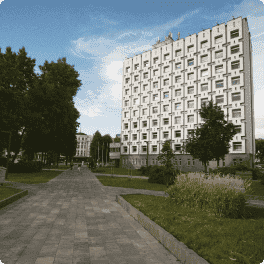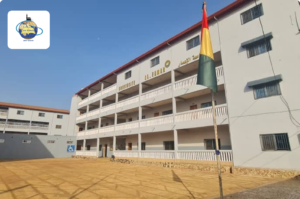Bachelor of Economics
Start Date:
2025/2026
Duration
4 years
Fees:
750 $
Program Overview
The Bachelor of Science in Economics at Al-Muhibbah University is a four-year social science program that provides a deep understanding of economic principles, theories, and their application to real-world situations. Launched as part of the Faculty of Social and Management Sciences, this program equips students with the analytical and quantitative skills necessary to explore the production, distribution, and consumption of goods and services. The curriculum is designed to balance theoretical knowledge with practical application, preparing graduates for various roles in economic analysis, policy making, and business.
Program Objectives
The B.Sc. Economics program aims to:
- Develop Economic Understanding: Foster a strong foundation in microeconomics, macroeconomics, and international economics.
- Equip with Analytical Skills: Ensure students gain proficiency in quantitative methods, data analysis, and economic modeling.
- Enhance Policy Insight: Build a comprehensive understanding of economic policies and their impact on society and business.
- Promote Critical Thinking: Cultivate the ability to critically assess economic issues and provide informed solutions.
- Instill Ethical Standards: Emphasize the importance of ethics and integrity in economic research and practice.
- Prepare for Advanced Studies: Lay the groundwork for further studies or professional certifications in economics, finance, and related fields.
Career Opportunities
Graduates of the B.Sc. Economics program are well-prepared for various career paths, including:
- Economic Analyst
- Policy Advisor
- Financial Consultant
- Market Researcher
- Business Economist
- Data Analyst
Curriculum
Program Structure:
- Total Credits Required: 120 credits (Standard Entry); 95 credits (Direct Entry)
- Duration: 4 years (Standard Entry); 3 years (Direct Entry)
- Minimum Credit Load per Semester: 15 credits
Key Courses
- Introduction to Economics: Basic concepts of economics, including supply and demand, market structures, and economic systems.
- Quantitative Methods: Techniques in statistical analysis and economic modeling.
- Microeconomic Theory: Study of individual decision-making processes and market interactions.
- Macroeconomic Theory: Examination of the economy as a whole, focusing on growth, inflation, and unemployment.
- International Economics: Exploration of global trade, finance, and economic policies.
Why Choose This Program
- Comprehensive Curriculum: Offers a well-rounded education in both the theoretical and practical aspects of economics.
- Analytical Focus: Strong emphasis on developing quantitative and analytical skills essential for economic analysis.
- Ethical Foundation: Commitment to high ethical standards in economic practice and research.
- Industry-Relevant Skills: Prepares students for roles in economic analysis, policy development, and consulting across various sectors.
- Professional Development: Courses designed to enhance critical thinking, problem-solving abilities, and career advancement.



